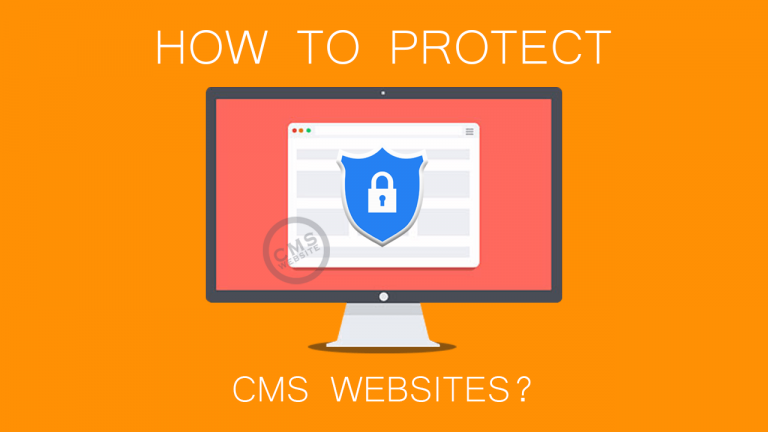
The widest used Content Management Systems are WordPress, Joomla, and Drupal as per stats. The best content management system platforms that are held control as hacking targets are WordPress followed other famous platforms like Joomla, Drupal and also the rest area unit alternative CMS’s. Before dwelling on the ways that to secure CMS we have a tendency to may list the ways that within which hackers may gain control over the website.
Additional Add-ons
Using older plugins, modules, themes, and alternative injections that don’t seem to be verified are one of the reasons for hacking, therefore if their vulnerabilities don’t seem to be fastened they offer a way to high potentialities for hackers to gain access through these unproved plugins.
Outdated Websites
In each latest version of the software package update, new security fixes and upgrades are been released. Using an older software package or version that’s obsolete conjointly means the protection of the system has not been updated.
Easily Accessible Through The Login Screen
The password strength plays a significant role, just in case if the password strength is too weak it may be simply hacked or cracked easily by anyone. As admin has an access to the same website there’s a possible scenario wherever a hacker would input sequence of passwords multiple times to achieve access to the admin panel. The frontend login may be simple for the users however It’s a favorite attainable means for hackers and bots to achieve access.
These are the vulnerabilities through that an internet site may be hacked simply, but just in case we have a tendency to develop the website victimization robust security practices it might be more suitable and gives away less risk to hacking. We’ve got some solutions & methods to secure your CMS websites which are mentioned below:
Restrict the quantity of login tries Restricting the number of login tries would eliminate brute force attacks yet as decrease the chance of hackers or bots to achieve access to the system.
Two Factor Authentications (2FA)
A second layer security throughout the login would be essential so as to tighten the protection of the website. authenticator plugins may be used that may send an OTP to the registered mobile or email, once verified the user would be able to log in.
Change Passwords On Regular Basis
The best practice to change a password every 3-4 month. Changing the passwords usually decrease the password stolen risk. Use special characters and alternative distinctive sequences while creating a password.
Implement A Firewall
The Firewall acts as an additional security layer to the infrastructure so as to dam unwanted IP’s. A Firewall is in place for all cms websites provides further security and is additionally helpful to trace suspicious activities.
Keep The Website Updated
Nowadays, WordPress already has a feature of auto update. All CMS website and all the plugins must be updated at regular intervals whenever an update is notified. Developers would usually unleash fixes and upgrades that may embrace new security fixes guaranteeing the website is unbroken aloof from threats.
Access Permissions To Users
Restricting the access to certain modules of the application works provide in increasing the protection.
SSL Certificate
SSL certificate is extra to extend the are layers of the website, an SSL certificate is somewhat of code on the server that has security between online communications. once an internet browser contacts a secured website, the SSL certificate establishes an encrypted connection.
Verified Plugins
Always use verified plugin as the plugin has highest download, most active install and best user review and rating. We had mentioned above that vulnerabilities in putting in untrusted plugins, it’s suggested to put in verified plugins so as to make the system secure.
Author: Jeevan Kumar is a technology enthusiast & strong believer in agile web development. Kumar is a Senior Content Strategist of Fortunesoft IT Innovations, which is a leading WordPress Development Company. He is a computer engineer by education and a technology adherent by passion. Jeevan interested in computers & the internet technology has made him a self-proclaimed geek person.
